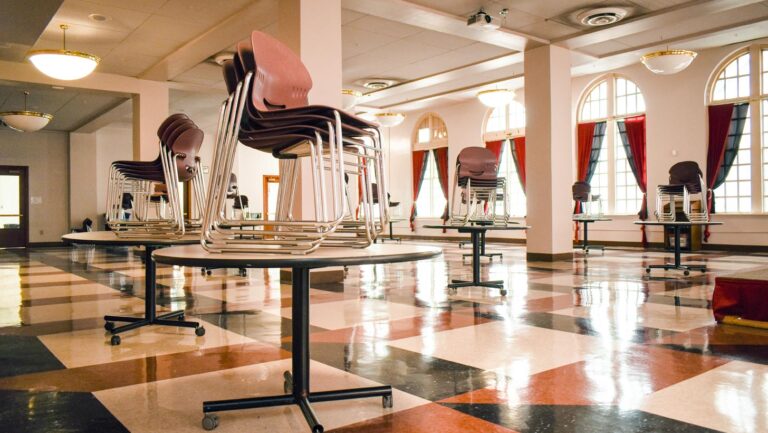Letters should be sent with the writer’s name, address and daytime phone number via email to letters@alibi.com. They can also be faxed to (505) 256-9651. Letters may be edited for length and clarity, and may be published in any medium; we regret that owing to the volume of correspondence we cannot reply to every letter. Word count limit for letters is 300 words.
Latest Article|September 3, 2020|Free
::Making Grown Men Cry Since 1992
Alibi
\
2 min read
I volunteer at the National Hispanic Cultural Center and ride a bike there. While I ride, I note the recent vitalization of the Downtown area. I believe the ART system will be ultimately beneficial, ramping up this exciting vitalization. But only if the project belongs to, and does not polarize, Albuquerque.I understand the federal government is offering a nearly unprecedented amount of money, so there’s a lot of incentive to get this through efficiently. But it’s important to slow down and consider why this issue has become so contentious. The strongest voices that I hear speaking out against ART are from historic communities and from already-established businesses. I believe the ART system will probably stimulate new communities and new businesses, but this is not necessarily a good thing—local people may be unable to compete with the newcomers.The project developers have put a lot of thought into the urban and traffic science behind this system. However, this affects a community, which means it needs a more-empathetic approach. ART developers have already staged several talkbacks, a step in the right direction. But the problem with these meetings is they’re too constrictive: So many people want to voice their opinion, there’s no time for dialogue. City Councilors Brad Winter and Ken Sanchez have proposed a community ‘Transit Advisory Board’—another good step.But let’s do more: Mediating workshops to find points of compromise, commissioning local artist (ARTist) collectives to redesign the existing bus stops, which many protest as being out of touch with local style, and cultivating investment cooperatives for new ventures and established businesses alike.Pro-ART and anti-ART arguments both represent vulnerable communities: The up-and-coming millenials who don’t want to miss new opportunities and the established culture that doesn’t want to be pushed-out. Alike in vulnerability, we can collaborate, to be alike in strength.




